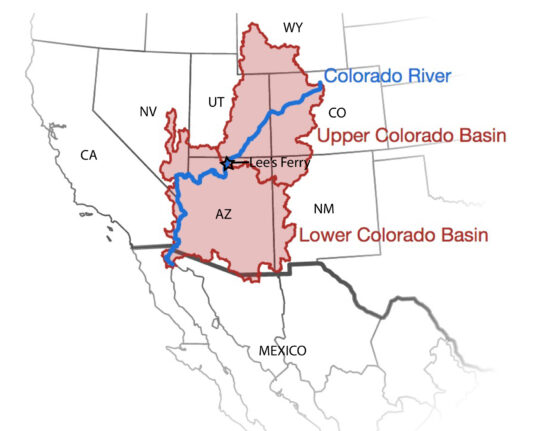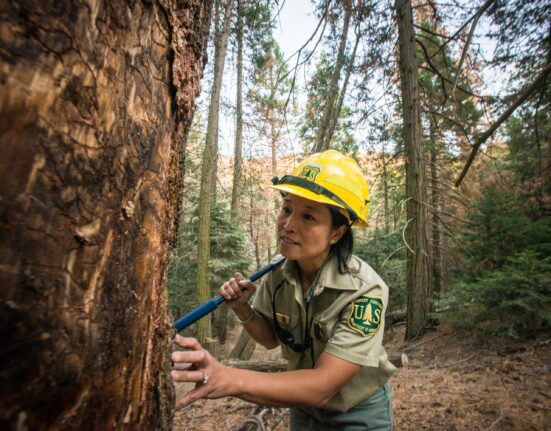In a daring expedition to the remote Marambio Station in Antarctica, Matthew Boyer embarked on a mission that would unravel one of nature’s most intriguing mysteries. Equipped with delicate instruments essential for his research, Boyer braved the harsh Antarctic climate to study the peculiar phenomenon of penguin guano and its impact on the continent’s cooling mechanisms.
“When you arrive, you have boxes that have been sometimes sitting outside in Antarctica for a month or two in a cold warehouse,”
shared Boyer, reflecting on the challenges he faced as a Ph.D. student in atmospheric science at the University of Helsinki. The journey was not without risks, but the potential rewards were boundless.
Boyer’s groundbreaking findings, published in Communications Earth and Environment, shed light on how ammonia from penguin excrement plays a crucial role in cloud formation over Antarctica. This unexpected connection revealed a natural mechanism that could be helping to regulate the continent’s temperature amidst rapid global warming.
The implications of Boyer’s research extend beyond scientific curiosity. As Tamara Russell, a marine ornithologist at Scripps Institution of Oceanography, emphasized,
“That will inform the models better because we know that some species are decreasing…and that’s going to change a lot down there in many different ways.”
Boyer and his team meticulously measured atmospheric conditions during the Antarctic summer months and observed a significant spike in ammonia levels originating from an Adelie penguin colony nearby. Even after the penguins had vacated their breeding grounds, traces of ammonia persisted in the air, indicating a sustained cooling effect attributed to penguin guano.
Through detailed analyses, Boyer uncovered an intricate chain reaction initiated by ammonia interacting with sulphuric acid produced by phytoplankton. This chemical interplay led to the rapid formation of aerosol particles crucial for cloud development—a process critical for maintaining Antarctica’s delicate ecological balance.
Despite these fascinating discoveries, uncertainties loom regarding how this natural cooling mechanism might be affected by ongoing climate change. The potential decline in penguin populations due to shifting environmental conditions poses a threat to this unique system—a concern echoed by Peter Roopnarine from California Academy of Sciences.
“If this paper is correct…there’s going to be [an] accelerated feedback effect,”
warned Roopnarine. As ecosystems evolve and species face unprecedented challenges, safeguarding bird colonies like penguins emerges as a strategic approach towards mitigating planetary warming through enhanced cloud cover.
Boyer’s pioneering work has opened doors to new avenues of exploration and conservation efforts aimed at preserving vital ecosystems like Antarctica. By delving into nature’s remarkable intricacies—such as the surprising influence of penguin poop—researchers continue to unveil nature’s hidden treasures while advocating for sustainable solutions amidst our changing world.









Leave feedback about this